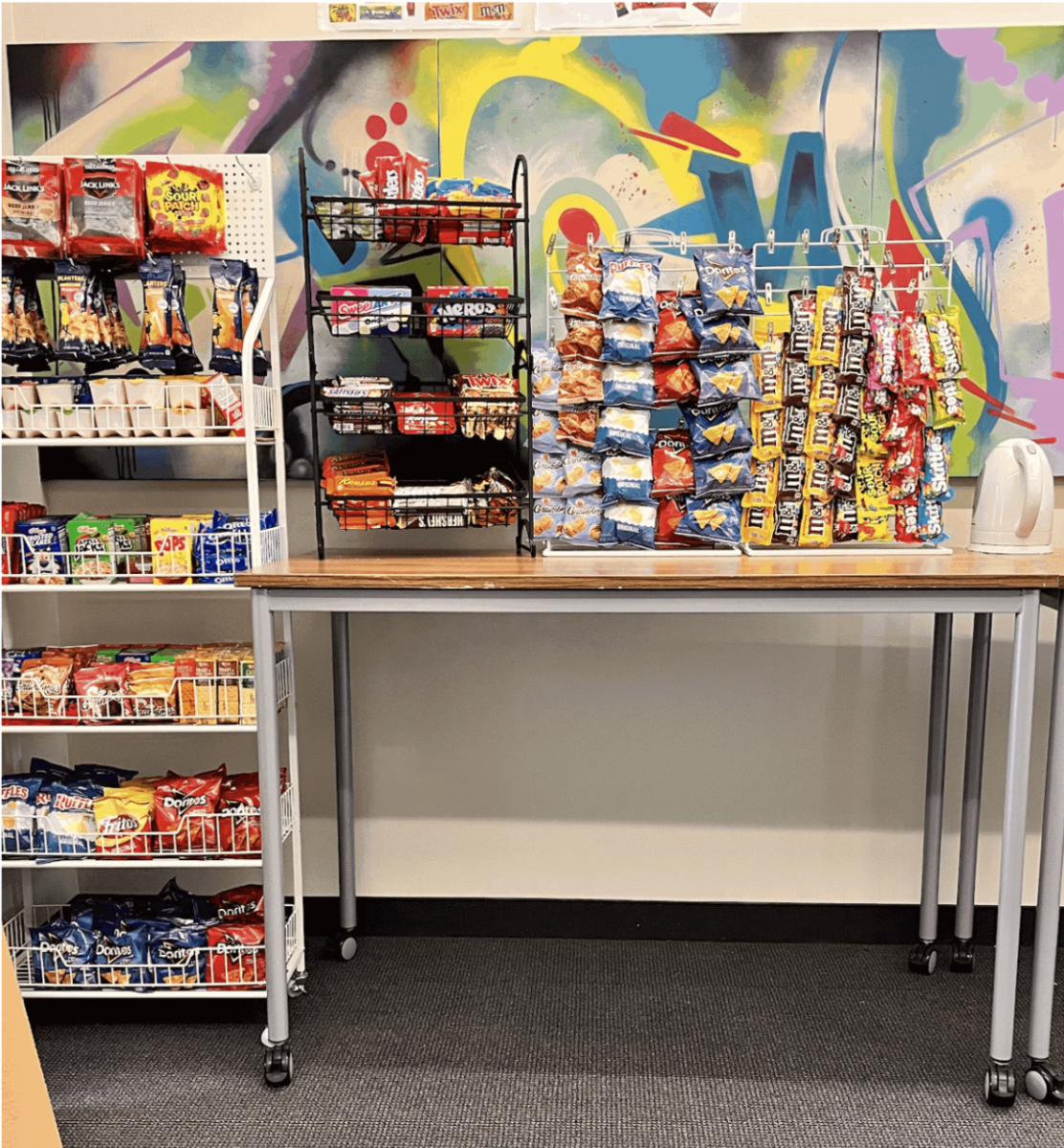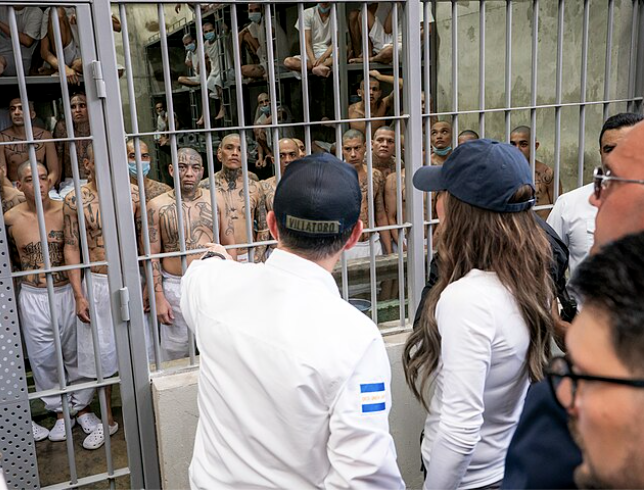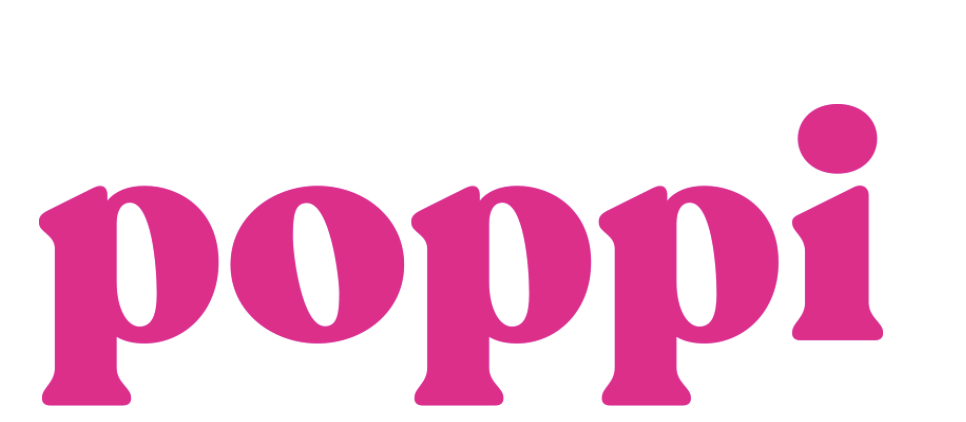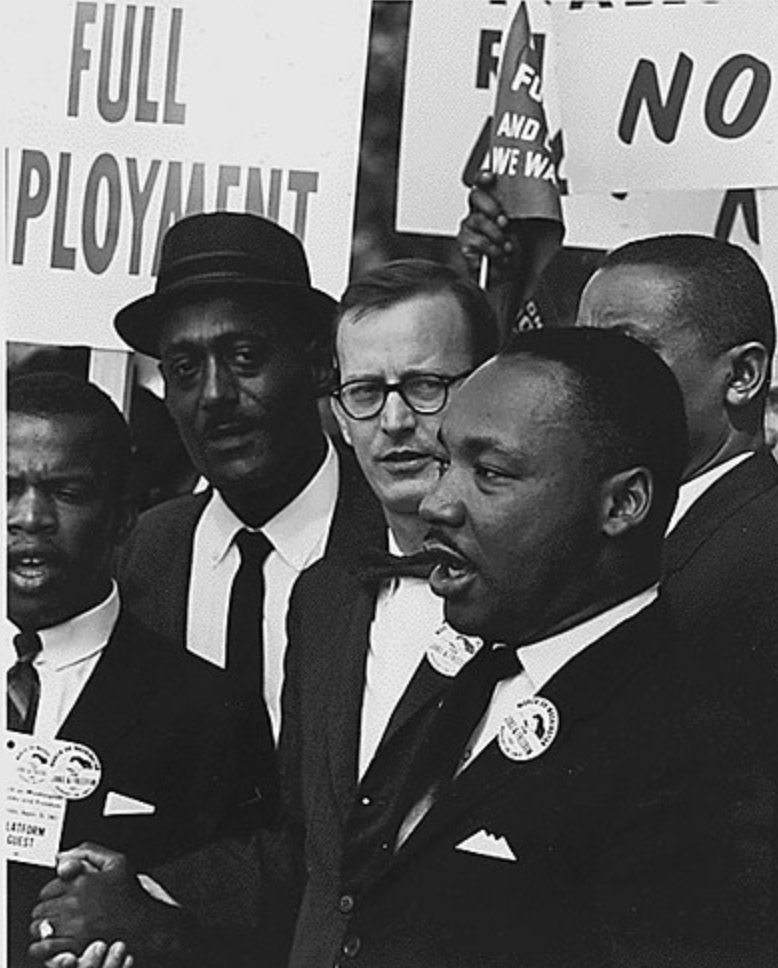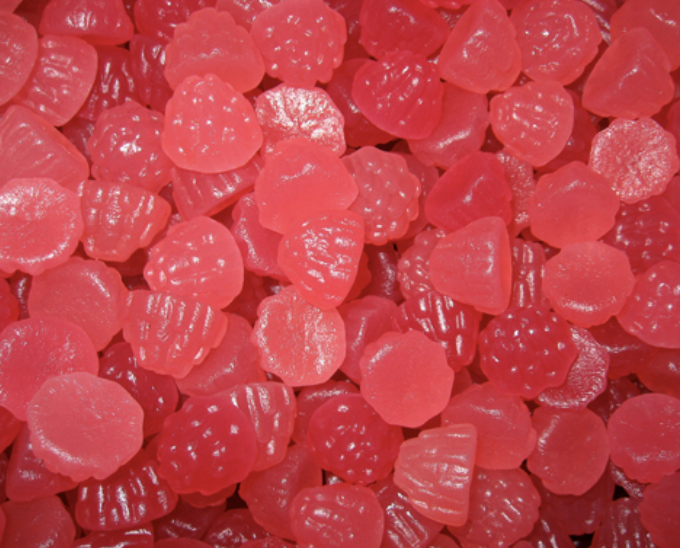Gracie Hays
a & e editor
Despite the 20 degree temperature, HBO estimated 400,000 people gathered in front of the Lincoln Memorial in Washington D.C. and stood for six hours to witness the opening ceremonies of President Barack Obama’s Inauguration, which proved to be worth withstanding the cold combined with frigid winds.
The lineup of the concert was a motley crew, featuring on-stage collaborations from artists such as Shakira, Usher and Stevie Wonder, who together sang Wonder’s 1973 hit “Higher Ground.” Eclectic performance combinations, like this which crossed genre, age and race barriers, seemed fittingly appropriate given the ceremony’s title: “We Are One.” Nonetheless, there were times when artist combinations on stage were so random that the performance seemed forced and unnatural, resembling an awkward teen mixer.
Soul singer Bettye LaVette and rock singer Jon Bon Jovi’s duet of Sam Cooke’s famous song which has come to represent the ’60s civil rights movement “A Change Is Gonna Come” exemplified one of the staging faux pas of the afternoon. Although LaVette was able to convey a balance of both pain and hope in her singing, Bon Jovi’s lack of range diminished the stirring, heart wrenching effects Cooke’s original recording provided. The two singers traded off singing verses, yet it seemed that just as LaVette started to hit the right notes and point the song back in the right direction, her verse would end and Bon Jovi would continue to water down each word as though the song was a cheesy commercial jingle over the radio. The conflicting styles of singing during the performance created a sort of vocal tug-o-war on stage for listeners in the crowd.
The strongest performances came from artists such as Bruce Springsteen and John Mellencamp who were given the opportunity to play their own songs without the accompaniment of mismatched artists. Because those that sang covers mainly did so without tweaking their tonal style to fit the song, the listener was often left the original artist was performing or that the performer would simply sing his/her own song.
That said, country singer Garth Brooks was an exception. In 20 degree weather, Brooks was wearing only a thin, denim jacket, but was still able to get the whole Mall as well as the entire Congressional stand clapping its frozen hands and stomping their near-frostbitten feet with his rendition of “You Make Me Wanna Shout.”
In between musical acts, actors, athletes and musicians — again, crossing both age and race barriers — read quotes from and about civil rights leaders and past presidents, focusing mainly towards Abraham Lincoln because of the location of the concert and the Illinois roots which Mr. Obama shares with the late president. Being a somewhat introverted, melancholy man, it readily became apparent that Lincoln was not a terribly outspoken president when the quotes presented started to resemble one another and collectively lost their significance.
The selection of readers was somewhat perplexing and at times hard to take seriously when comedians were chosen to address topics of race, the economy or the country’s shared values. Perhaps most eyebrow raising, was the appearance of Kal Penn who got his claim to fame playing the role of Kumar in Harold and Kumar Go to White Castle, a film about two stoners who get a bad case of the munchies and as a result travel miles away in an attempt to get cheeseburgers. Having been in no other movies that received as much public attention as White Castle, it seemed curious why the organizers would choose an actor who has become a symbol of America’s drug culture.
In most cases the readers seemed unknowledgeable and seemed to be moved more by the teleprompter than by the historical event itself. Most embarrassing was when a certain actress unknowingly incorrectly told the crowd of thousands that John F. Kennedy was the youngest president.
Ultimately, the feeling of unity was not achieved by the program itself, but by the audience who came to celebrate a new era. The sight of a young black child and a young white child sharing a blanket while waving an American flag seemed to bring Martin Luther King’s “I have a dream” speech full circle.



